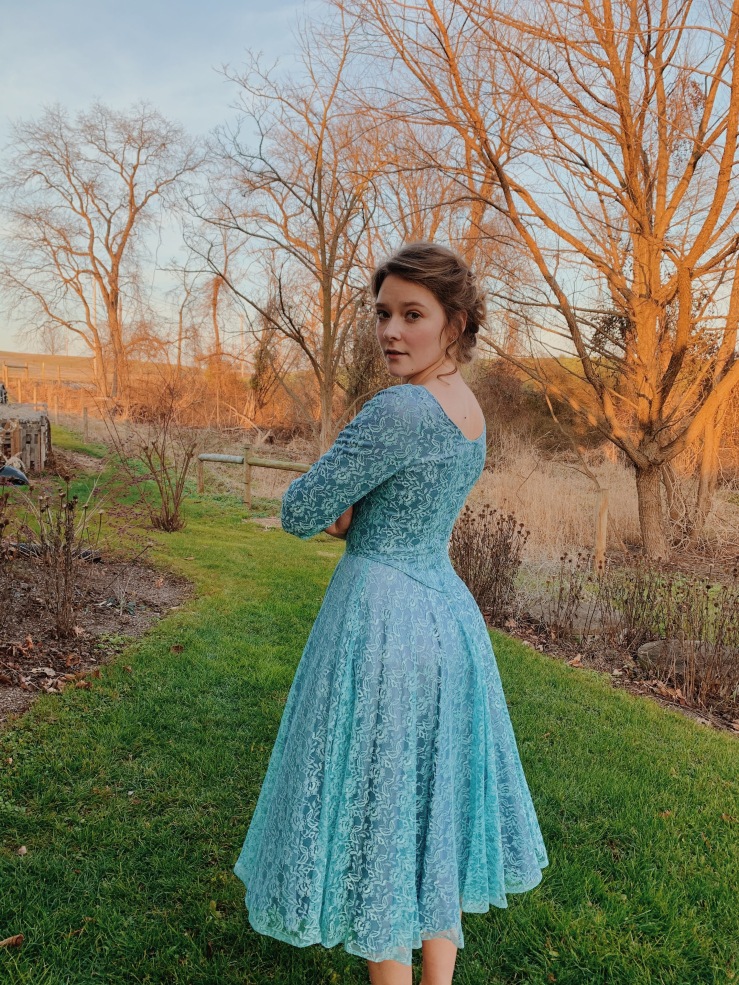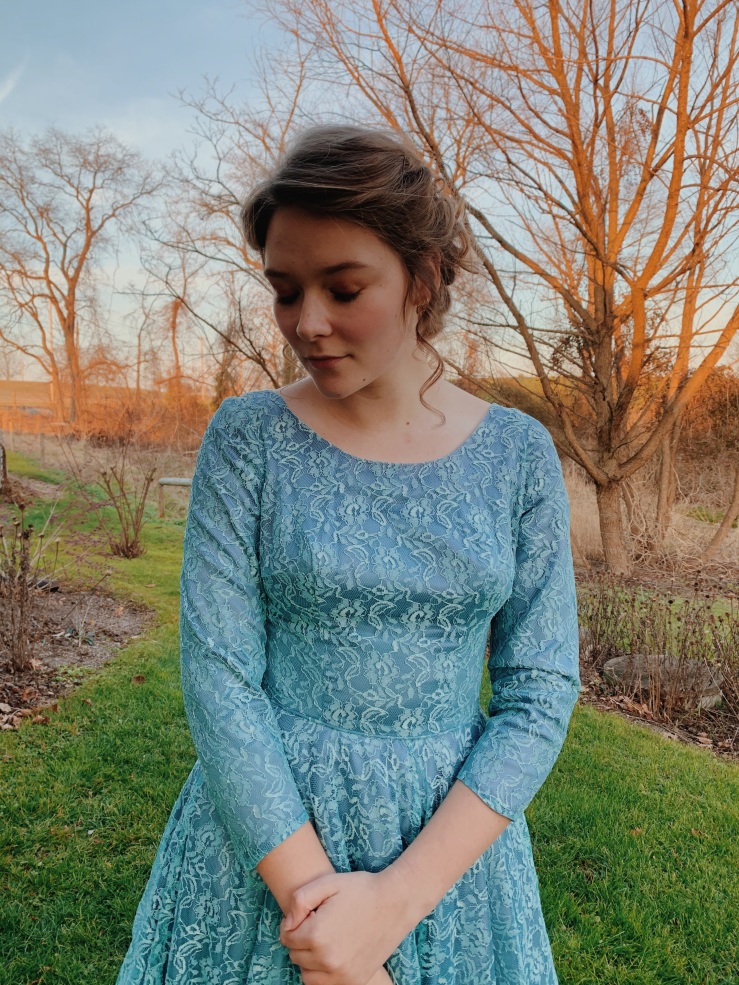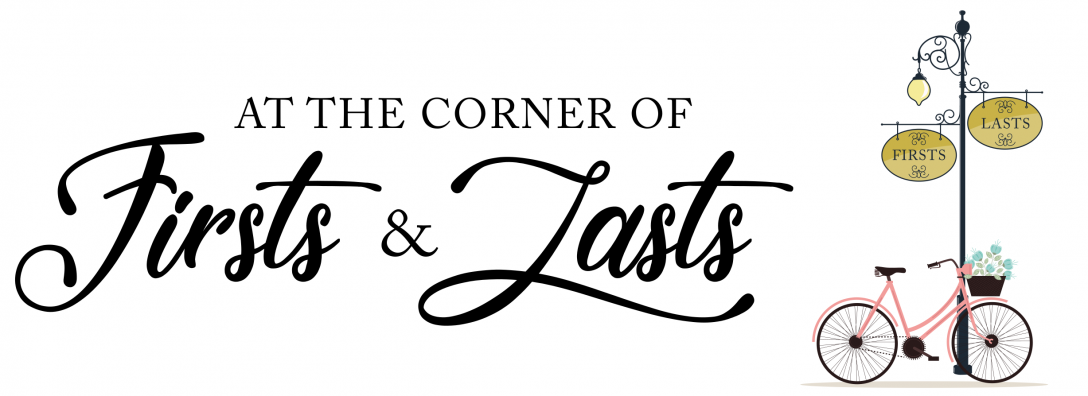**Hello, friend!! I am wearing dresses every day of December for my second year as a Dressember advocate! We’re a community of volunteers who take on the challenge to wear dresses and ties to raise awareness and funds for the end of human trafficking. Below is my Advent Devotional I researched and wrote to go along with my campaign. You can find my Dressember page here.**
Approach: Thank you for landing on this page! Welcome. I encourage to you find a printed Bible or have a web search available, silence anything that may distract you, and take 3 deep breathes. (Pause) Below you’ll be entering into a discussion on the exploitation of the world in contrast to God’s kingdom. What comes to mind when you think about the Kingdom of God? Kingdom of God on earth now? What do empires of our world value?
Joy – Advent Week 3
How are empires of this world different from God’s kingdom?
In week 1, we looked at the big picture of human trafficking and a big perspective on hope. In week 2, we looked at the meaning of forced labor in the garment industry and the peace we should pursue instead of our fast-consuming habits. We learned that rest leads remembrance; Sabbath cultivates thanksgiving. Now, in week 3, we are going to explore more about consumerism and some practical suggestions for mindfulness regarding your clothing purchases.

When “unbridled consumerism” becomes “a narcotic that numbs to the cry from below,” the Lord God promises justice (Brueggemann 44). Because Israel failed to keep the Sabbath calendar that God had arranged their lives around, Israel reached for self-indulgence and self-sufficiency, trying to fulfill their needs outside of the abundance of the good Canaanite land God had led them to (Deut. 31:20). Forgetting the one who provides, they also forgot their relationships with one another. God had set boundaries around consuming idols and images to worship (commodified goods) (Exod. 20:4) and coveting what a neighbor has (Exod. 20:17). Without Sabbath remembrance, the Israelites forgot about giving thanks and trusting God for their abundance in the land.
It is not the rich and powerful, but the “widows, orphans, and alien residents [that] are the special focus of social wellbeing” in the Kingdom of God (44). God had set up laws in his covenant to protect and provide for these groups (example: Deut. 24:19). Not only did He ask Israel to care for vulnerable peoples, but He also assured His justice on behalf of these vulnerable peoples (Exod. 22:22-24). Those most tempted toward self-sufficiency are those that often have the power, who the Lord God “[charges] with attentive, responsive listening” to the vulnerable (43). Throughout world history, empires have always exploited the vulnerable: Egyptian, Babylonian, Roman, Mongolian, Ottoman, British, American. In our desire for fulfillment, we consume, rather than receive.

Empires exploit entire groups of people in order to indulge on pleasures beyond satiation. Pharaoh of Egypt was the “antecedent ruler” to God, “[devouring] the Nile” in “unfettered consumerism” (37). In his kingdom, he exploited the people of Israel to make massive structures and sustain his opulent lifestyles. He depleted the land and the people of their ability to produce. We, too, benefit from the forced labor of others. It is difficult to leave the exploitation of own Egypt. “Every departure from consumerism to citizenship is a risky, costly one, the renunciation of a chance for indulgence” (37). But, God’s kingdom is ultimate to all other political loyalties (35). It is the right ordering of his kingdom and by His Spirit that we able to place our hope and peace in His kingdom now. In the Kingdom of God, we will know our provider, and we will dwell in relationship with our neighbors. In His kingdom, commodities do not take the place of relationships. The relationship of king and subject in God’s kingdom is of a giving and receiving relationship, not indulgence or exploitation. Perhaps in our own exodus from these empires we will find ourselves in the covenant community of Christ, framed by creation blessings, provided for in abundance. May our exploitation of others be transformed now because of the future hope of the Kingdom of God.
(Pause) Take 2 deep breathes. Thank you for reading more of a theology on consumption. What messages about the kingdom of God above were new for you? What messages were helpful for you? What do you want to think more about? (Pause)
I invite you to read on when you are ready.
Open a Bible or web search to Isaiah 35. Read through the chapter, aloud if you can.
What feelings are you noticing having read through some thoughts on God’s kingdom and the empires of our world? Are you beginning to wonder where joy can be found? We talked already about hope as future and present and then peace as Sabbath rest in abundance. For me, I feel a weight of shame as I participate in a globalized economy where I do not know the face or names of the people behind the labels on my clothes, technology, food, and much more. I have to buy clothes to wear. While I may have one or two garments that I know the story behind, I really don’t know where anything comes from. That ignorance is not something you will likely be able to change entirely. There, however, some practical tips about garments that may spark some change. Some change is really what we’re hoping for at Dressember. Some change ignites more change. We must start somewhere.
Reflect on Isaiah 35 again. What images of redemption brought you joy?
Who and what does the Lord restore?
What stops you from experiencing joy?
Ask the Lord to bless you with everlasting joy. This is a joy that will recognize the goodness of what you have already and can remove the anxiety of not having enough.

Below are some actions and habits you can take to keep learning about the garment industry and to start making some change. I invite you to choose one action and mark on your calendar when you will do it or make a note that you have committed to trying it.
EDUCATE:
- Watch: The True Cost: Andrew Morgan and Michael Ross (2015) (Currently on Amazon Prime)
- Read:
- Over-Dressed: The Shockingly High Cost of Cheap Fashion (Elizabeth L. Cline)
- Take a look around Dressember’s Blog Posts www.dressember.org/blog
CHANGE:
- Design budgeting habits and systems that work for you. Fast Fashion is built on cheap, easy buys, but they have significant labor costs unaccounted for in the price. Budgeting habits could curb impulse buys.
- Avoid purchasing *new* garments when possible:
- Thrift: though be mindful if you have more means to be aware of key times of the year. For example, someone else may need the “vintage” sweater you found during winter months that cannot afford to shop somewhere else.
- Borrow: have a fancy event and only need to wear the garment once? Consider borrowing a friend’s dress you love! Ask permission to make changes or alterations.
- If purchasing *new* garments or shoes, and if you have time, plan how to budget for the garment from an ethical business from Dressember’s Ethical Fashion Directory https://www.dressember.org/directory

As I said above, leaving our empires of exploitation are unnatural and difficult. The great news about these changes is the cultivate joy, not shame. Shame will keep us feeling helpless, powerless, and overwhelmed. JOY invites us to try something smaller and take delight in growth.
Let’s do some kingdom work.
In Joy,

Sources Above:
Brueggemann, Walter. “Options for Creatureliness: Consumer or Citizen.” Horizons in Biblical Theology 23 (2001): 25–50.


[…] fast-consuming habits. We learned that rest leads remembrance; Sabbath cultivates thanksgiving. In week 3, we discussed the exploitative nature of empires versus the relational nature of the Kingdom of God […]
LikeLike
[…] fast-consuming habits. We learned that rest leads remembrance; Sabbath cultivates thanksgiving. In week 3, we discussed the exploitative nature of empires versus the relational nature of the Kingdom of God […]
LikeLike